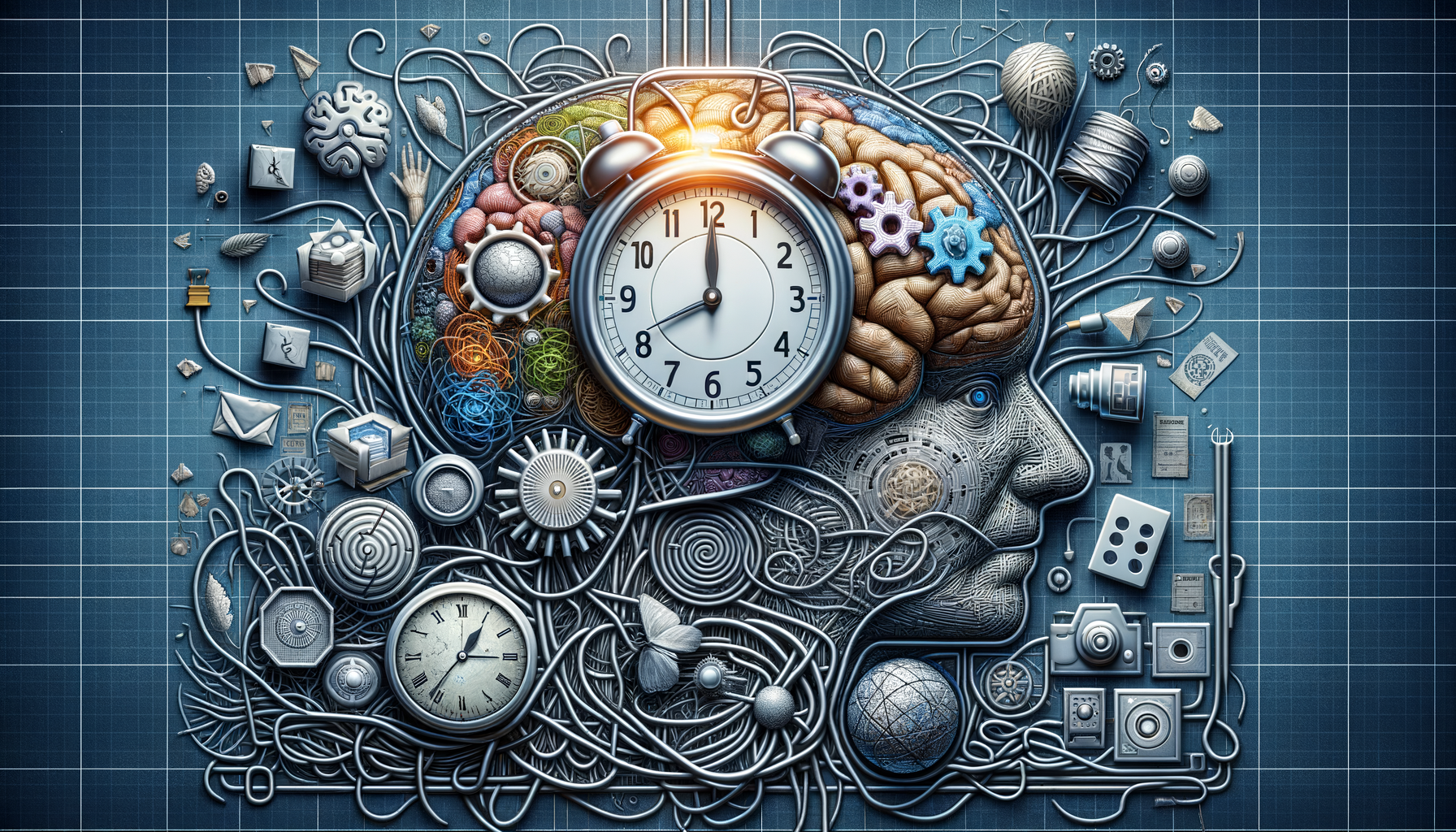Understanding Dementia: First Symptoms, Expert Tips, and What Families Miss Most
Introduction to Dementia Dementia is a complex condition that affects millions of people worldwide, and understanding its early signs is crucial for timely intervention and support. As a progressive disorder, dementia impairs cognitive function, leading to challenges in memory, reasoning, and communication. While it predominantly affects older adults, it is not a normal part of

Introduction to Dementia
Dementia is a complex condition that affects millions of people worldwide, and understanding its early signs is crucial for timely intervention and support. As a progressive disorder, dementia impairs cognitive function, leading to challenges in memory, reasoning, and communication. While it predominantly affects older adults, it is not a normal part of aging. Recognizing the early signs of dementia can significantly impact the quality of life for those affected and their families.
The significance of early detection cannot be overstated, as it allows for better management strategies and access to resources. Families often miss the subtle signs, attributing them to normal aging or stress, which can delay diagnosis and treatment. This article delves into the first symptoms, expert tips, and what families often overlook, providing a comprehensive guide to understanding dementia.
Recognizing the Early Symptoms
Identifying the early symptoms of dementia can be challenging, as they often resemble typical age-related changes. However, certain signs are indicative of more than just forgetfulness. Memory loss is one of the most common early symptoms, particularly affecting short-term memory. Individuals may struggle to remember recent events or conversations, frequently asking the same questions.
Another early sign is difficulty with language. People might find it hard to follow or join conversations, struggle to find the right words, or repeat themselves. Changes in mood and personality are also common, with individuals becoming more withdrawn, anxious, or easily upset.
Other early symptoms include:
- Challenges in planning or solving problems
- Difficulty completing familiar tasks
- Confusion with time or place
- Decreased or poor judgment
Recognizing these early signs is vital for seeking medical advice and support, allowing for a more proactive approach to managing the condition.
Expert Tips for Managing Dementia
Once dementia is diagnosed, managing the condition becomes a priority. Experts suggest several strategies to help individuals and their families cope with the challenges. Creating a supportive environment is crucial, involving both physical and emotional adaptations. This includes simplifying the home layout to reduce confusion and ensuring a routine to provide structure and familiarity.
Engaging in cognitive activities can help maintain mental function. Activities such as puzzles, reading, or memory games stimulate the brain and can slow cognitive decline. Physical exercise is equally important, as it promotes overall health and can improve mood and sleep patterns.
Nutrition plays a vital role in managing dementia. A balanced diet rich in fruits, vegetables, whole grains, and lean proteins supports brain health. Additionally, staying socially active can greatly benefit individuals with dementia, as it provides emotional support and reduces feelings of isolation.
Experts also emphasize the importance of caregiver support. Caregivers should seek resources and support groups to manage stress and prevent burnout, ensuring they can provide the best care possible.
What Families Often Miss
Families play a crucial role in the early detection and management of dementia, yet they often overlook subtle signs. One common oversight is attributing symptoms to normal aging. While occasional forgetfulness is typical, persistent memory issues are not. Families may also miss changes in behavior, such as increased irritability or apathy, dismissing them as mood swings.
Another area families might overlook is the individual’s difficulty in managing finances or other complex tasks. This can manifest as unpaid bills or poor financial decisions. Additionally, families may not notice the gradual withdrawal from social activities, assuming it is a personal choice rather than a symptom of dementia.
To avoid these oversights, families should maintain open communication and observe changes in behavior and abilities over time. Keeping a journal of symptoms can be helpful when consulting healthcare professionals, ensuring a comprehensive overview of the individual’s condition.
Conclusion: The Importance of Awareness and Support
Understanding the early signs of dementia is essential for timely intervention and effective management. By recognizing symptoms early, families can seek medical advice and explore treatment options that may slow progression and improve quality of life. Awareness and education are key in supporting individuals with dementia and their caregivers, providing them with the tools and resources needed to navigate this challenging journey.
As the global population ages, dementia will continue to be a significant public health concern. By fostering a deeper understanding of the condition and promoting early detection, we can better support those affected and work towards a future where dementia is managed with compassion and expertise.